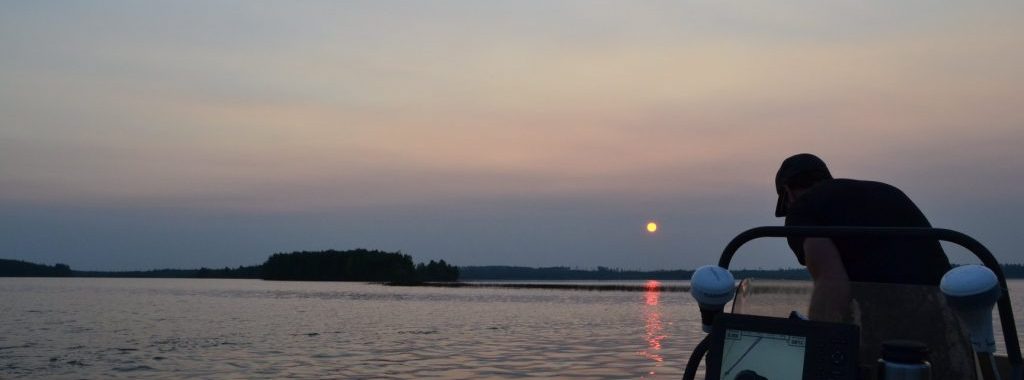Abstract:
Offsetting aims to compensate for negative impacts due to authorized anthropogenic impacts. While anchored into legislation through extensive frameworks across many countries, residual or chronic impacts can occur after offset establishment for example because of the ephemeral timescale of some projects. Advice and best practice on how to approach these impacts is rare. To address this, we reviewed 30 projects based on a systematic review and meta-analysis in freshwater ecosystems dealing with residual or long-term negative impacts to provide application advice for the three main identified approaches of: habitat creation, habitat restoration and biological and chemical manipulation. Project information was obtained from scientific databases and grey literature through Boolean search terms and web-scraping. Habitat creation projects, mainly targeting salmonids, had a pooled effect size of 0.8 and offsetting ratios of 1:5 with high biomass increases of over 1.4x compared to pre-establishment, associated with them. Habitat restoration projects targeted a wide range of species and communities with a pooled effect size of 0.66, offset ratios ranging from 1:1.2 to 1:4.6, and biomass increases generally > 1x compared to pre-restoration. Biological manipulation had the lowest effect size (0.51) with stocking efforts being highly variable both in terms of biomass benefits and project outcomes pointing towards stocking being mostly applicable in cases of direct fish harm not related to environmental degradation or habitat loss. Many projects targeted salmonid species and application for a wider range of species needs to be further assessed. We conclude that 1) all three assessed approaches have a potential application use for offsetting Residual or Chronic Harm with approach specific caveats. 2) time to record first benefits required one to two years with time lags needing to be accounted for in the implementation and monitoring process, 3) monitoring timeframes of more than four years and conducting pre-assessments increased projects success significantly. Keywords: Offsetting; Conservation policy; Biodiversity market; Preservation.
Citation: Theis, S. Koops, M. and M.S. Poesch. (2022) A meta-analysis on the effectiveness of offsetting strategies for harm to freshwater fishes. Environmental Management 70(5): 793-807.
Also Read:
*Lab members: Sebastian Theis and Mark Poesch. Check out opportunities in the lab!

